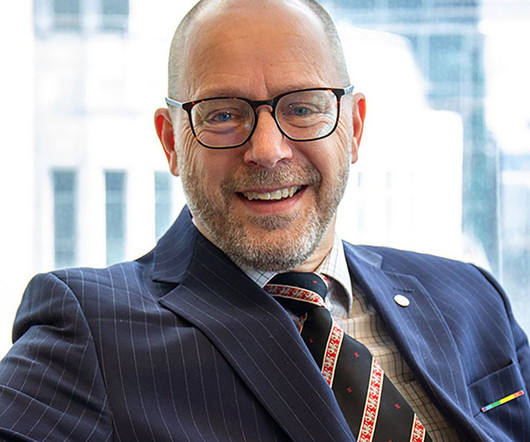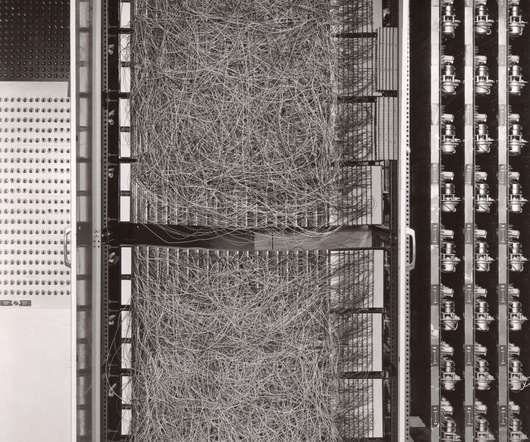CTA Foundation, IBM, Local Motors collaborate on accessible, self-driving vehicles
Green Car Congress
JANUARY 7, 2017
At CES 2017, the Consumer Technology Association (CTA) Foundation announced an alliance with IBM and Local Motors to help create the world’s most accessible, self-driving vehicle. Our goal is to explore new ways to improve access to transportation and personalize the experience to each person's unique abilities.












Let's personalize your content